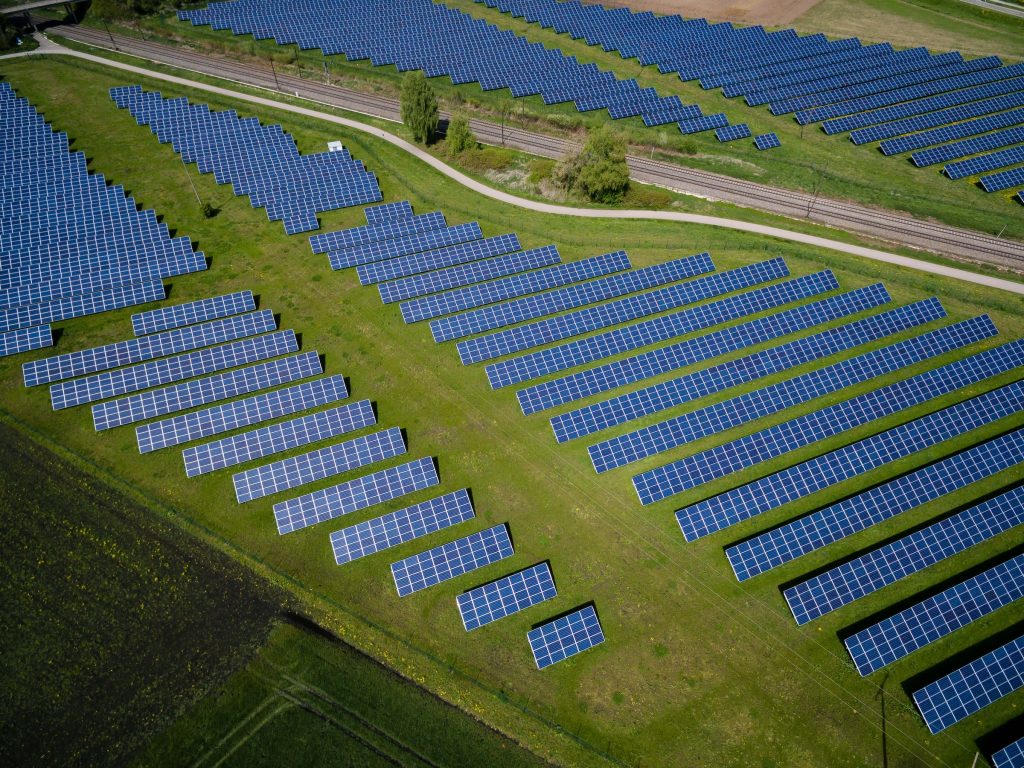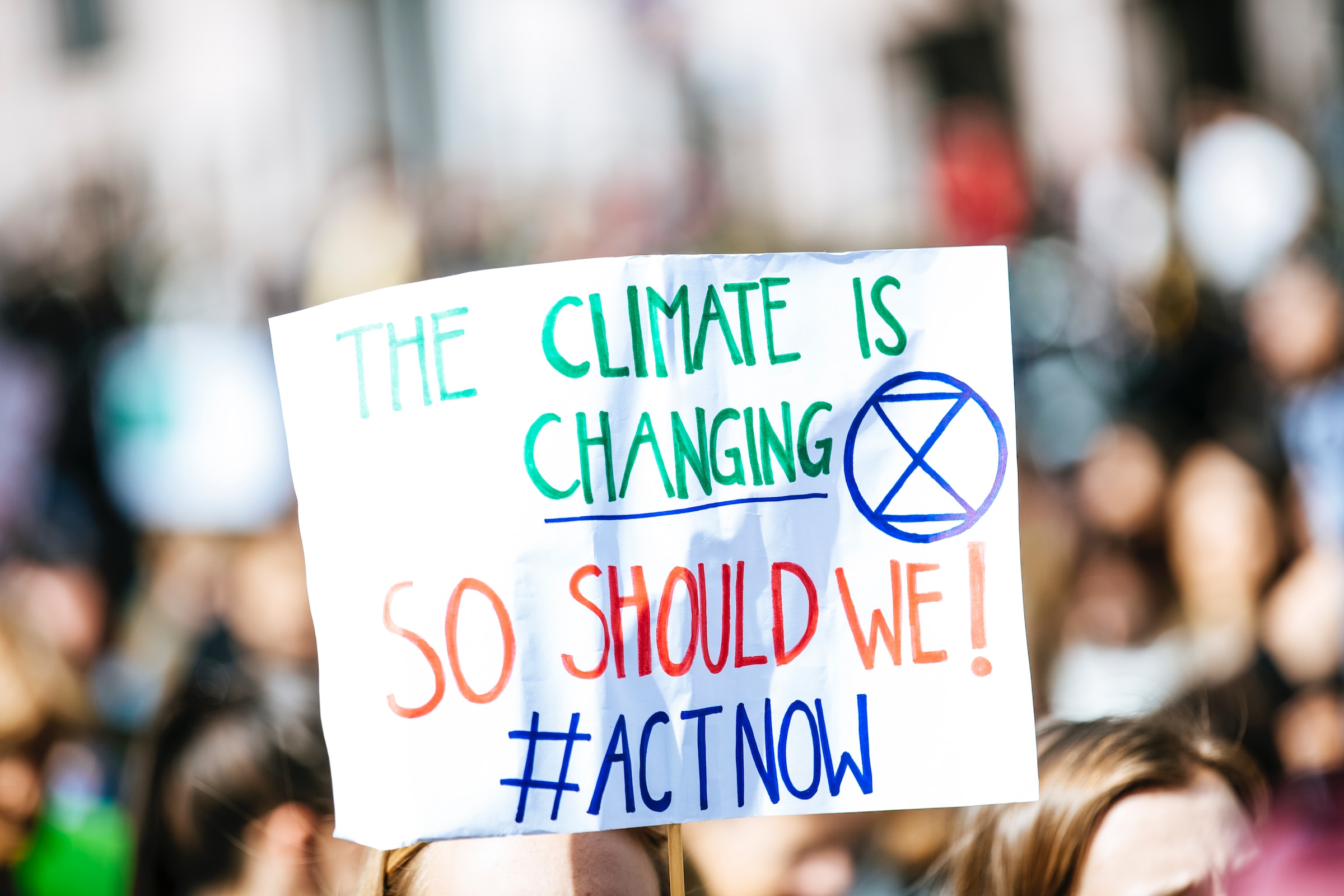
Renewable Energy’s Rapid Rise Boosts Hopes for Climate Targets, Says Global Energy Chief
The dramatic surge in green investments and the exponential growth of renewable energy sources have reignited hopes that the world can potentially limit global heating to 1.5°C. This comes as a beacon of optimism from Fatih Birol, the executive director of the International Energy Agency (IEA), who once harbored reservations about the pace of the transition to clean energy.
Life Amid Rising Waters
For people like Monuwara Begum, a 45-year-old farmer residing on an island in the expansive Brahmaputra River, Assam, the fight against climate change is not just about statistics and reports. For her, it’s about survival. Recurring violent floods force her and her family to live submerged in knee-deep water inside their humble abode, an ordeal they endure day after day.
However, while the implications of climate change are already being felt by vulnerable communities like Begum’s, there is a glimmer of hope emerging on the horizon.
Solar and EVs on the Right Track
Birol, hailed as the world’s leading energy economist, highlighted the remarkable progress in the renewable energy sector, especially the solar and electric vehicle (EV) markets. “Solar installations and EV sales are tracking perfectly in line with our projections for a net-zero scenario by 2050,” Birol stated.
He also pointed out that clean energy investments have surged by a stunning 40% over the last two years. However, while these developments offer a promising narrative, there are still hurdles ahead. Greenhouse gas emissions from the energy sector remain high, and the severe weather events witnessed globally this year stand testament to the rapid climate changes already underway.
A Call to Action for Developed Nations
The IEA’s recent report, the “Net Zero Roadmap,” underscores the urgency for developed nations to expedite their climate action plans. Countries like the UK, which have set 2050 as their net-zero target, are being urged to push their timelines forward. Germany, Austria, and Iceland, with net-zero targets for 2045 and 2040 respectively, serve as benchmarks for their peers.
Countries like China and India, with later net-zero target dates of 2060 and 2070, will also need to recalibrate their plans in light of the rapidly evolving climate crisis.
Anticipating Cop28 and the Road Ahead
With the impending Cop28 UN climate summit slated for November and December in Dubai, Birol sees this as a pivotal juncture for nations to table more aggressive emissions reduction plans. Among his top recommendations are tripling renewable energy by 2030 and slashing methane emissions from the energy sector by 75% within the same timeframe.
However, geopolitical tensions, such as the Ukraine conflict and the strained ties between the US and China, may pose challenges at the summit. Yet, Birol remains resolute, “Cop28 should resonate a strong message to the energy markets, emphasizing the global commitment to climate action.”

A Global Push for Renewable Transition
While Birol didn’t endorse a complete phase-out of fossil fuels by 2050, he emphasized the necessity for all nations to cut back on their fossil fuel consumption. UK’s Prime Minister, Rishi Sunak, recently expressed his commitment to achieving net zero by 2050. However, concerns have arisen due to the UK’s plans to roll out a series of North Sea oil and gas licenses, contradicting the IEA’s advice against new upstream oil or gas projects.
Tessa Khan, executive director at Uplift, a campaigning organization, opined, “This report is a clarion call that emphasizes the importance of halting new oil and gas projects to ensure a sustainable climate future.”
Conclusion: The Balancing Act of Progress and Responsibility
As the world strides forward on the path to a sustainable future, the juxtaposition of dire climate events and remarkable renewable energy progress presents a poignant narrative. While the journey to net zero seems more plausible now than ever, it requires unwavering commitment, collaboration, and a sense of urgency from every nation. The world watches, with bated breath, as leaders prepare to make transformative decisions that will shape the planet’s future at the upcoming Cop28 summit.
©eco-guardians.org